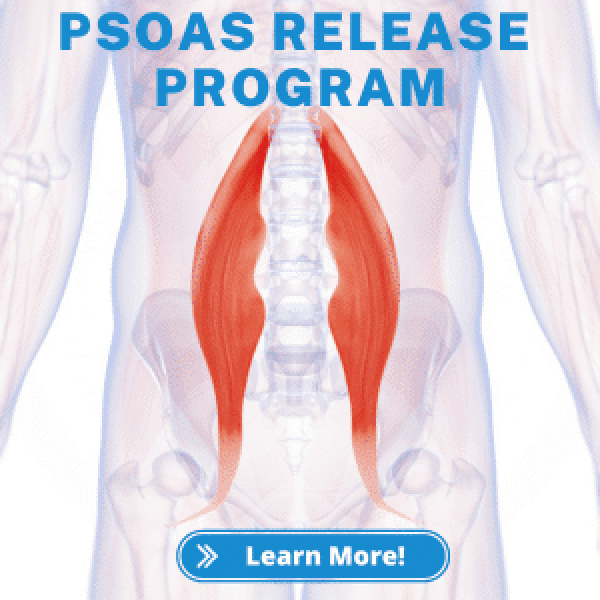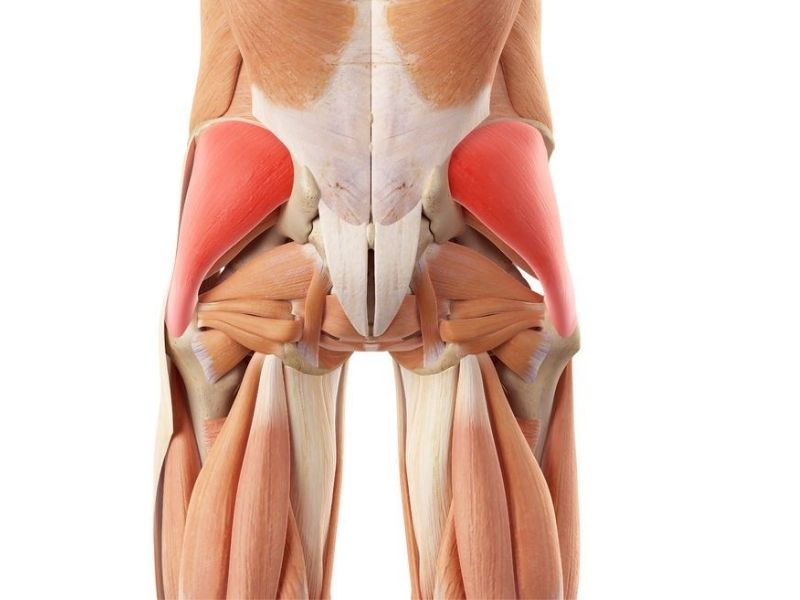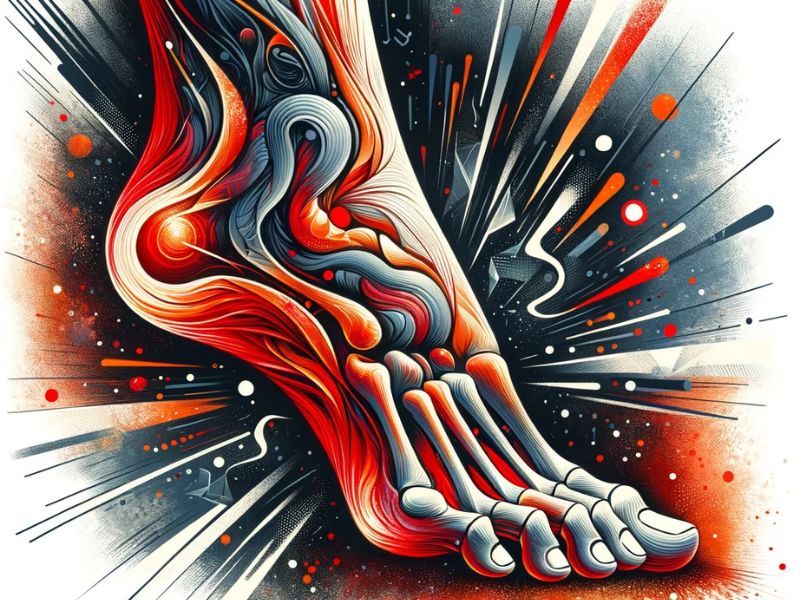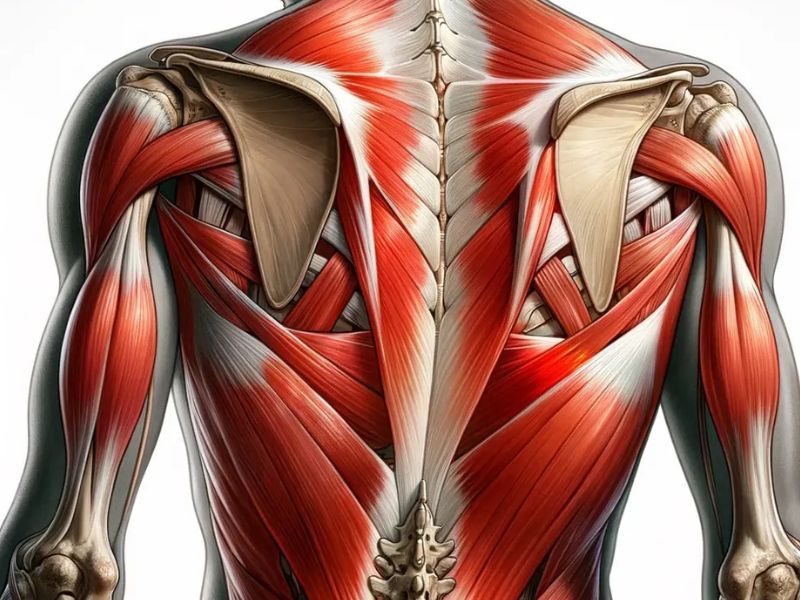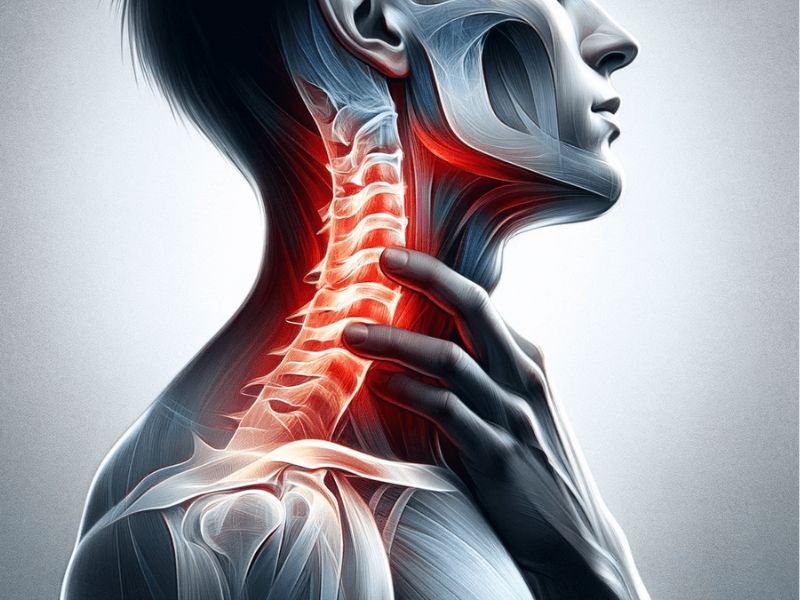Your Sleep Issues May Be Making You Hurt
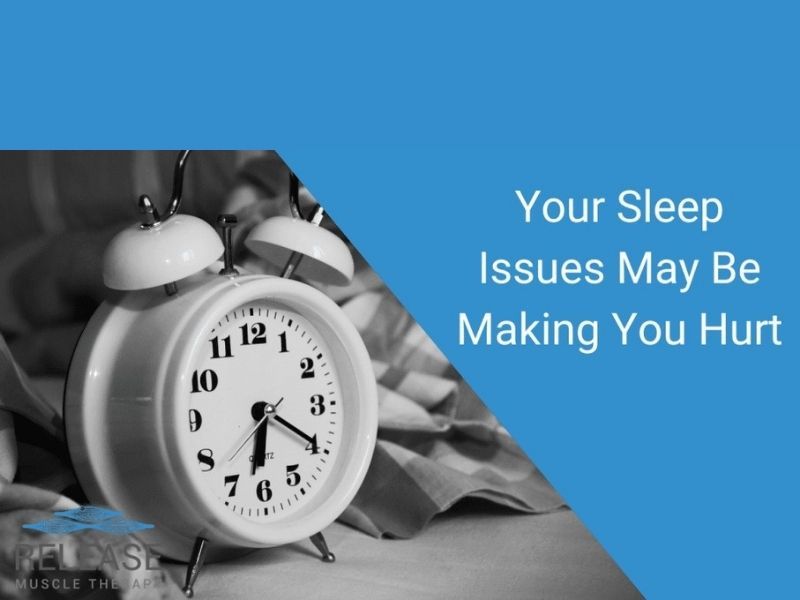
Sleep is essential for life, and every organism with a nervous system requires this type of resting phase. Moreover, it is noted that other types of organisms without a brain do have a circadian rhythm as well.
This only highlights the importance of sleep in the physiology of living beings. It is further noticed that sleep deprivation is associated with a number of diseases, including mental health problems, an impairment in the immune system, and metabolic dysfunction including obesity and type 2 diabetes.
But what about chronic pain?
Is there any connection between sleep deprivation and chronic pain?
What relevant scientific findings can you apply in your day-to-day life to improve your symptoms of chronic pain?
Is there a link between pain and sleep deprivation?
The connection between chronic pain and sleep deprivation has been established for a long time. For instance, back in 1979, it was noted in a scientific study that rats who were subject to sleep deprivation had a significantly lower pain threshold, which means they are more susceptible to pain.
More recent studies in humans have confirmed the validity of these findings, and it has been found to be a risk factor to suffer recurrent migraine attacks. Similarly, the current evidence on the matter describes a higher pain perception in various settings, including fibromyalgia, joint dysfunction, and muscle soreness.
The majority of studies agree that not having enough sleep at night predisposes people to chronic pain, increases the severity of the symptoms, and the recurrence of the attacks because it is associated with hyperalgesic changes.
In other words, when you don’t sleep properly, your body starts feeling pain differently. This might be proven in different patients with different sources of pain, as discussed in the following section.
How sleep modulates pain in various settings
Besides clinical trials on migraine, there is plenty of supporting evidence to show a definite link between sleep fragmentation or deprivation and chronic pain. We can see the scientific evidence in various medical settings:
- Arthritis and joint pain: According to a clinical trial published in 2016, sleep fragmentation induces an increased sensitization to joint pain. The study compared patients with knee arthritis with a healthy sleep pattern with others who did not sleep properly. After this comparison, the authors concluded that treating sleep is fundamental to improve chronic pain in patients with arthritis.
- Fibromyalgia: This is a condition that features chronic pain, and it is often difficult to trace and diagnose. According to a survey performed in patients with this type of pain, insomnia was strongly associated with pain (not as a result of pain but as an aggravating factor).
- Low back pain: It is a common problem, and most people have at least one episode throughout their lifetime. However, it was found that 53% of people with chronic symptoms of low back pain have sleep problems as compared to 3% of pain-free patients who reported insomnia.
- Other musculoskeletal problems: One of the first associations between sleep deprivation and pain was around the issue of musculoskeletal symptoms. Sleep-deprived patients report an increase in muscle tenderness and more frequent musculoskeletal symptoms. Moreover, recent findings pointed out that the perception of musculoskeletal pain in these patients is increased by 24%.
All of this evidence points out that people who do not sleep properly have a higher sensitivity to pain. However, a learned individual may wonder if there’s a real organic change or is it only a subjective sensation.
In other words, is pain more severe or is the patient emotionally biased to feel more pain? According to the evidence published in the journal Psychosomatic Medicine, pain sensitivity is increased, it is possible to measure this organic change, and there’s no additional alteration in perceptions that may contribute to bias.
The most recent discoveries about pain and sleep deprivation
Even though there are many studies on the human brain, and the connection between sleep and chronic pain has been defined for so long, there were no studies on brain perception of pain during periods of sleep deprivation until recently.
In January 2019 it was discovered that healthy young people who do not sleep properly have higher activity in brain areas that trigger pain (the primary somatosensory cortex) and reduced activity in brain areas that coordinate movement and modulate our perception of pain (the insular cortex and the striatum).
After this study, we can trace the exact reason why sleep deprivation modulates pain. For some reason still to be explained by subsequent studies, not having proper or sufficient sleep increases the sensitivity of the sensory network, primarily focusing on neurons that trigger pain.
At the same time, the body becomes unable to modulate or mute pain sensation and perceives more sharply these sensory impulses. Moreover, the study found that even mild sleep deprivation affects pain perception.
These studies and medical knowledge have a suitable therapeutic potential in a hospital setting and highlights how important it is for patients suffering from chronic pain to have proper sleep at night.
Similarly, it should be a wakeup call for anyone who is continuously disrupting their sleep pattern and feeling any type of pain symptom the day after. Insomnia hurts, and there’s much we can do about it.
One of the most severe chronic pain diseases is fibromyalgia, and according to a clinical trial, applying a few sleep hygiene tips has been found to improve the symptoms in these patients.
Recommendations include sleeping every day at the same hour, not using the same room to sleep, eating and studying, turning off screens before going to sleep and avoiding coffee, alcohol, tobacco and heavy, greasy foods.
There are many ways to improve our quality of sleep and reduce our perception of chronic pain. What we have to do is raise our awareness of the importance of sleep and follow easy recommendations.
References:
Hicks, R. A., Coleman, D. D., Ferrante, F., Sahatjian, M., & Hawkins, J. (1979). Pain thresholds in rats during recovery from REM sleep deprivation. Perceptual and motor skills, 48(3), 687-690.
Alstadhaug, K., Salvesen, R., & Bekkelund, S. (2007). Insomnia and circadian variation of attacks in episodic migraine. Headache: The Journal of Head and Face Pain, 47(8), 1184-1188.
Orlandi, A. C., Ventura, C., Gallinaro, A. L., Costa, R. A., & Lage, L. V. (2012). Improvement in pain, fatigue, and subjective sleep quality through sleep hygiene tips in patients with fibromyalgia. Revista brasileira de reumatologia, 52(5), 672-678.
Burton, E., Campbell, C., Robinson, M., Bounds, S., Buenaver, L., & Smith, M. (2016). Sleep mediates the relationship between central sensitization and clinical pain. The Journal of Pain, 17(4), S56.Tang, N. K., Wright, K. J., & Salkovskis, P. M. (2007). Prevalence and correlates of clinical insomnia co‐occurring with chronic back pain. Journal of sleep research, 16(1), 85-95.
Jansson, C., Mittendorfer-Rutz, E., & Alexanderson, K. (2012). Sickness absence because of musculoskeletal diagnoses and risk of all-cause and cause-specific mortality: a nationwide Swedish cohort study. PAIN®, 153(5), 998-1005.
Moldofsky, H., & Scarisbrick, P. (1976). Induction of neurasthenic musculoskeletal pain syndrome by selective sleep stage deprivation. Psychosomatic medicine.
Lentz, M. J., Landis, C. A., Rothermel, J. S. H. A. V. E. R. J. L., & Shaver, J. L. (1999). Effects of selective slow wave sleep disruption on musculoskeletal pain and fatigue in middle aged women. The Journal of rheumatology, 26(7), 1586-1592.
Sam Visnic
I’ve spent my life studying the fundamental aspects of human health with a focus on movement and clinical massage therapy. In a world of specialists, surgical procedures, drugs and quick fix remedies, I’m committed to finding and developing strategies that help people stuck at the “gap”. Over the last 20 years I’ve studied dozens of systems and methodologies for uncovering the root cause of aches and pains, along with postural and movement issues. Pain science, the art and science of hands-on soft tissue massage techniques, myofascial release, and coaching movement is essential in my practice. Integrating different methods but above all deciphering WHEN to use different techniques with different people and situations, along with integration of movements that people want to be able to do again is the key to long term success with my incredible track record with clients. Understanding the various elements that contribute to conditions and the power of communication and education makes my Release Muscle Therapy program separate from other hands-on therapy approaches.
Blogs You May Be Interested In
Categories
-
Deep Gluteal Pain Syndrome
-
Deltoids
-
Fallbrook
-
Foam Rolling
-
Glutes
-
Hamstrings
-
Hypnosis For Pain
-
Lats
-
Levator Scapulae
-
Lifestyle
-
Massage Therapy
-
Mobility
-
Movement and Exercise
-
Murrieta
-
Muscles
-
Nutrition
-
Obliques
-
Pain
-
Pectorals
-
Piriformis
-
Plantar Fasciitis
-
Product Review
-
Psoas
-
Quadratus Lumborum
-
Quadriceps
-
Rhomboids
-
Serratus Anterior
-
SI Joint
-
Sternocleidomastoid
-
Stretching
-
Subscapularis
-
Temecula
-
TMJ
-
Trapezius
-
Uncategorized





